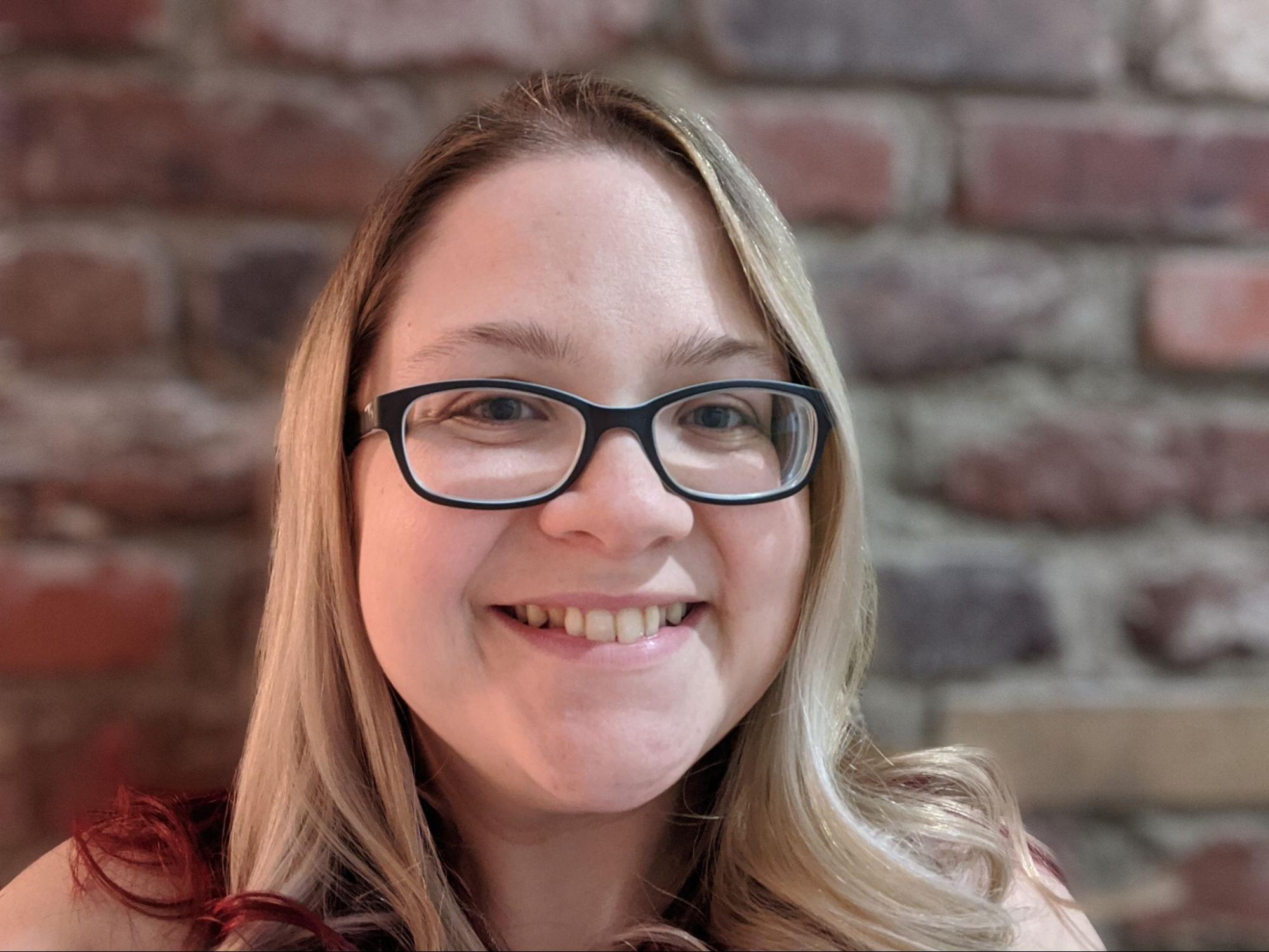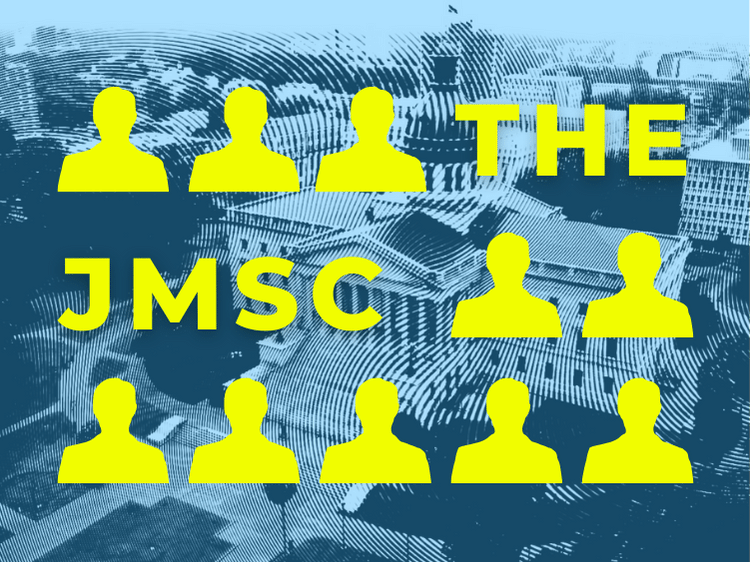The expected election day for judges in South Carolina came and went on Feb. 7 without the South Carolina Senate taking the next step to convene both houses to cast their ballots for the judges who will fill more than three dozen judicial seats across the state.
A Jan. 18 House resolution to cast the votes was sponsored by Reps. Micah Caskey, Jay Jordan and Todd Rutherford — all of whom are lawyer-legislators who also sit on the Judicial Merit Selection Commission. The resolution passed the house and was given a “favorable” vote by the Senate’s Operations and Management committee, but the senate has, thus far, refused to act.
On Feb. 7, Speaker of the House G. Murrell Smith Jr. (R-Sumpter) took to the floor to chastise the Senate for ignoring the House’s resolution.
“South Carolina’s on the verge of not only failing to elect, but losing 24 circuit court judges across this region. As I stand here today, and the Senate is yet again on the verge of not acting and the state is at a very real risk, and this criminal justice system, of it coming to a catastrophic halt,” Smith said.
The President of the Senate, Thomas Alexander (R-Oconee), fired back later that afternoon.
“I can understand why the House would want to have judicial elections now and that is they want to elect judges so that they can remove the only leverage that those who want judicial reform have, and that is the judicial elections,” Alexander said. “What we learned in the testimony from some of the presenters at the House Speaker’s own Special Committee on Judicial Reform is that it was House members who used their status as House members or House JMSC members to exert leverage or exact revenge on judges they elect. And make no mistake they believe with every fiber of their collective being that they alone elect judges. In fact, at the Bar Convention last year, the House’s Minority leader told a packed room of lawyers there — to learn about the process of becoming a judge — that he didn’t understand why anyone would waste their time coming to the Senate because they didn’t elect judges; the House did.”
Judicial Reform’s Relevant Legislative Bodies
- Ad Hoc Committee: This committee was developed by Gov. Henry McMaster and consists of members of the house of representatives
- Senate Judiciary Subcommittee: This committee is a small portion of the senate’s Judiciary Committee and consists of state senators
- The General Assembly: The entire legislative body consisting of all members of the South Carolina Senate and House of Representatives
- The SC Senate: One chamber of the general assembly consisting of 46 senators elected by the public.
- The SC House of Representatives: One chamber of the general assembly consisting of 124 representatives elected by the public
The senate’s refusal to move forward with the process comes as there is growing public outcry regarding the judicial selection process in South Carolina. The current process consists of a Judicial Merit Selection Commission that vets judicial hopefuls and then submits up to three candidates for each seat to the General Assembly for a final vote. The main criticism is that South Carolina’s lawyer-legislators are then voting for judges who will preside over the courts where they practice law — meaning that judges who are beholden to a general assembly vote appear more likely to rule in favor of the lawyer-legislators in the courtroom so as not to jeopardize their chances at being reelected when their term expires.
Currently, there are more than a dozen bills aimed at improving the judicial election process up for consideration by the state Senate, and an ad hoc committee of state representatives appointed by Gov. Henry McMaster has met several times since November 2023 to hear testimony from lawyers, judges, law enforcement, solicitors and members of the public about the good, bad, and ugly of the judicial selection process.
Changes, Solutions Debated by Senate Subcommittee
On Feb. 6, the day before the judicial vote was expected to take place, a subcommittee of the Senate Judiciary Committee met for nearly two hours to discuss the judicial reform bills. By far, one of the most popular proposals for improving the process is increasing the number of judicial candidates who receive a final recommendation to the general assembly. Currently, the JMSC only recommends three qualified individuals for each seat no matter how many candidates apply.
Subcommittee member Sen. George “Chip” Campsen (R-Charleston) — who introduced 2 of the 16 bills — believes increasing the number of recommended candidates may help, but he told the committee he was concerned that too many of the bills would require amending the state constitution — a “heavy lift” that he said may delay judicial reform for some time.
He also wants to see the governor involved in the judicial selection process by having him or her nominate the candidates who are then vetted by the JMSC.
“I do think it is good for the two other branches of government to play a role in electing judges. That happens at the federal level. It happens in a lot of the states,” he said in part.
Sen. Mia MacLeod (I-Richland) is the sponsor of three bills and co-sponsor of a fourth aimed at fixing the process. Perhaps her most hard-hitting bill is one that would prevent lawyer-legislators from voting in a judicial election at all.
“I’ve been reintroducing judicial reform bills since I was in the house. In large part because I’m a member of the Richland County delegation, and I’ve seen a lot. I’ve seen lawyer-legislators basically haze and intimidate candidates,” she said in part. “I’ve had a colleague, a member of the Richland delegation come to me before the JMSC process even started and told me a candidate for the seat that was vacated by Judge DeAndrea Benjamin was already going to the person, I guess, who members of the Richland delegation had already chosen.
Benjamin, who currently serves as a federal judge in the Fourth Circuit Court of Appeals, was once a judge in South Carolina’s fifth circuit and was a candidate for a South Carolina Court of Appeals seat in 2021, but lost to Jerry Deese Vinson Jr. She was appointed to the federal bench in August 2022 and confirmed in February 2023.
One committee member, Gerald Malloy (D-Darlington), urged his colleagues to identify a problem with the process to pick a solution that actually addresses the issues.
“What are we trying to fix? If you can’t identify the problem, you can’t identify the solution,” he said.
The subcommittee also heard from Justice Jean Toal, whom they invited to speak about the history of the JMSC — it’s a system she helped create in the 1970s when she served as a state representative.
When she was working on that era’s judicial reform, South Carolina had only 16 circuit court judges and 5 supreme court justices. All other courts — like family court, probate court, and magistrate court — were a “hodge-podge” of local rules and differing qualifications from place to place.
The unified system was the big push at that time to get rid of the piecemeal system, Toal explained. To make that happen, they created the JMSC to help screen qualified candidates as they now had a large number of judicial seats to fill and an even larger number of hopeful candidates vying for a spot.
Toal, quoting Justice John Kittredge’s comment to the ad hoc committee in November 2023, encouraged the senate committee on Tuesday not to “throw the baby out with the bath water.”
Sen. Dick Harpootlian (R-Richland) — Alex Murdaugh’s defense attorney — doesn’t necessarily want to do away with the JMSC and believes the general assembly should continue electing judges, but he believes there should be more transparency in the current process. According to Harpootlian, the current rules about judicial candidates campaigning for a seat on the bench are a “fraud” as candidates are reportedly getting commitments from legislators before the JMSC screening process even starts.
Harpootlian wants to see all viable candidates be presented to the general assembly for a vote, saying in part, “we don’t need our selections predigested by other legislators.”
He also takes exception to how judicial candidates obtain commitments from legislators before the General Assembly vote by milling about in the parking garage and lobby so they can campaign directly to the legislators.
“Unless this is the Marines, I don’t know why we make judges stand out in the lobby and shake our hands as we come in. Stand in the garage…my god. It’s degrading, demeaning, and it is not suitable as a process to pick the folks that are gonna make the judgements about your life, your property,” he told the subcommittee.
What Happens Next
As for the stalemate, judicial reform is not scheduled to be discussed by committees from either chamber during the month of February, according to a calendar on the statehouse website. That, however, could change. It is also unknown whether or not the issue will arise during full sessions of each chamber and spur some movement towards a resolution.
It is unclear what will happen if the judicial election doesn’t happen before the General Assembly adjourns in May, though Smith maintains that South Carolina is on the verge of disaster because there is no holdover for judges, meaning that once the terms begin expiring on July 1, 2024, the seats would simply be vacant until the general assembly acts and court cases would not be dealt with due to a lack of judges.
“This is nothing short of a public safety disaster, and a catastrophic blow to our criminal justice system,” Smith insisted.
We will continue to keep an eye on efforts at judicial reform in South Carolina. Keep an eye on your email for more opportunities to watch live meetings with the Luna Shark team and more articles about the judicial reform process.
Please sign into your Premium account then refresh this page to view this content.

Contact Beth Braden
Beth Braden
Beth Braden is an award-winning journalist with experience covering government, education and crime and courts for more than 10 years. In addition to following breaking news and writing feature stories about life in her home state of Tennessee, her by-line appears on several internationally known websites.
Beth is passionate about communicating complex information in an easy-to-understand manner and she loves to pore over public records and court documents as she seeks out patterns and context to share with her audience. In her spare time, she enjoys quilting, strange museums, and good cups of coffee.


Leave a Reply